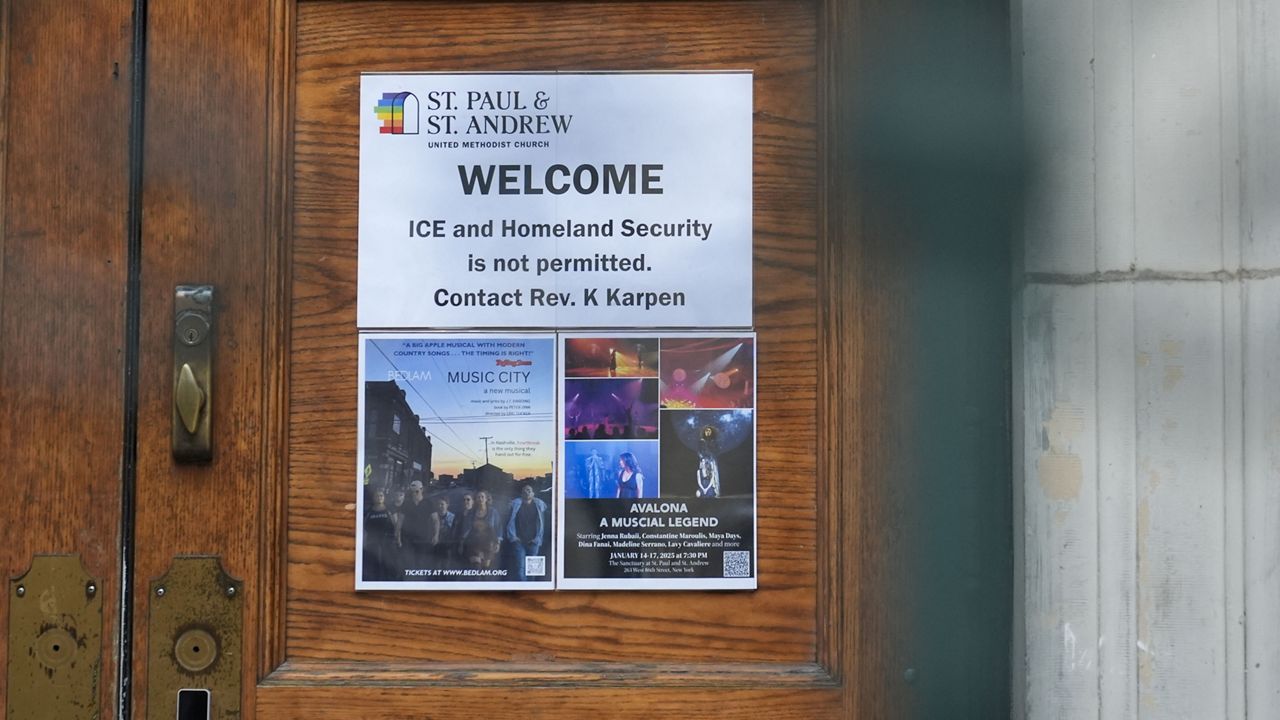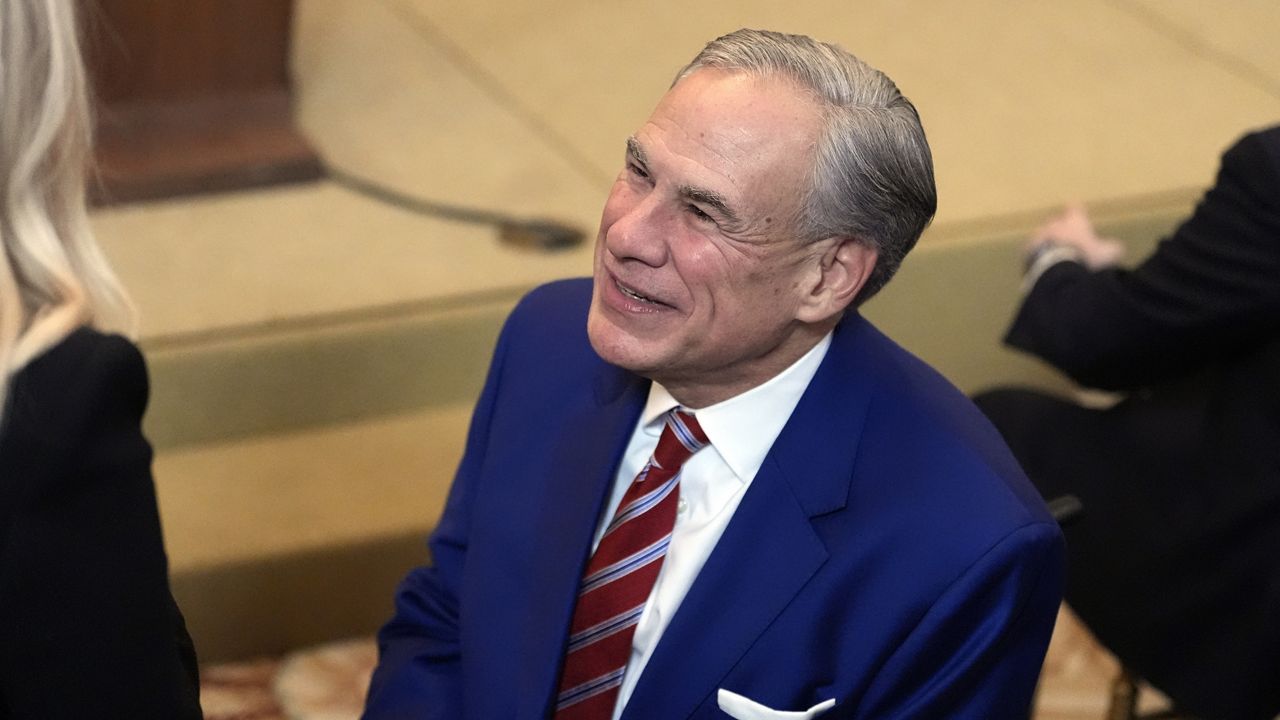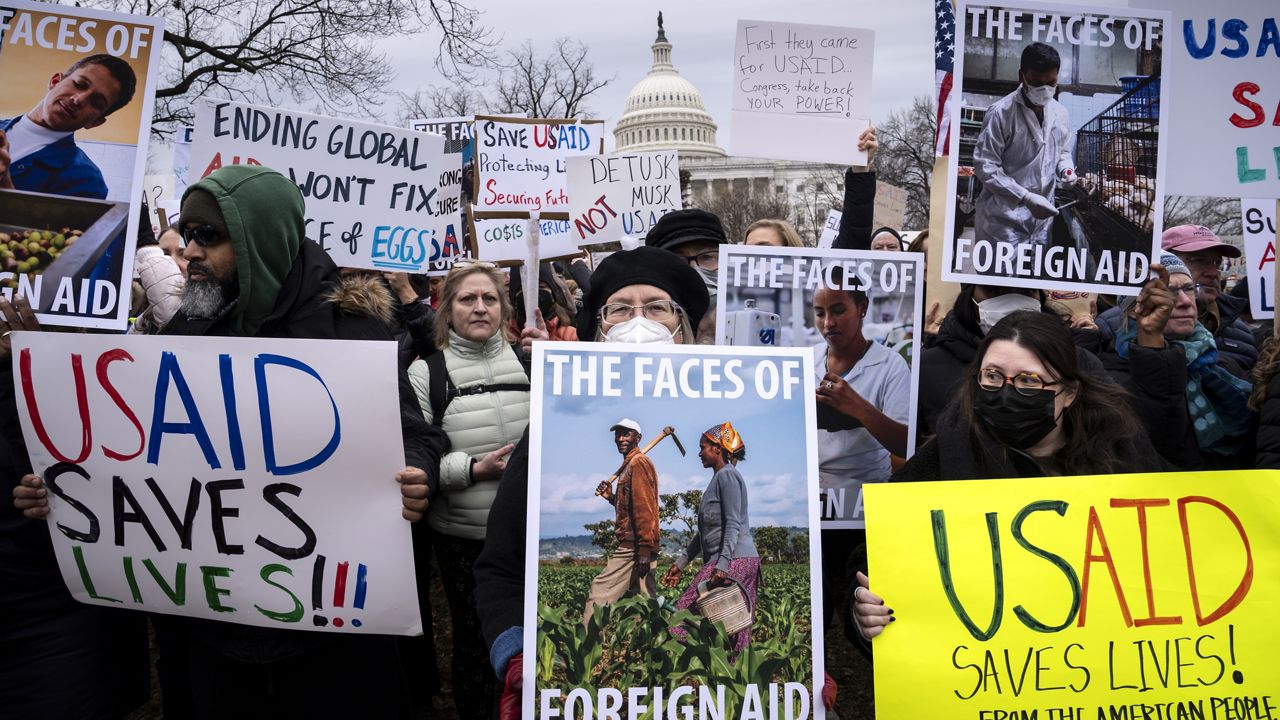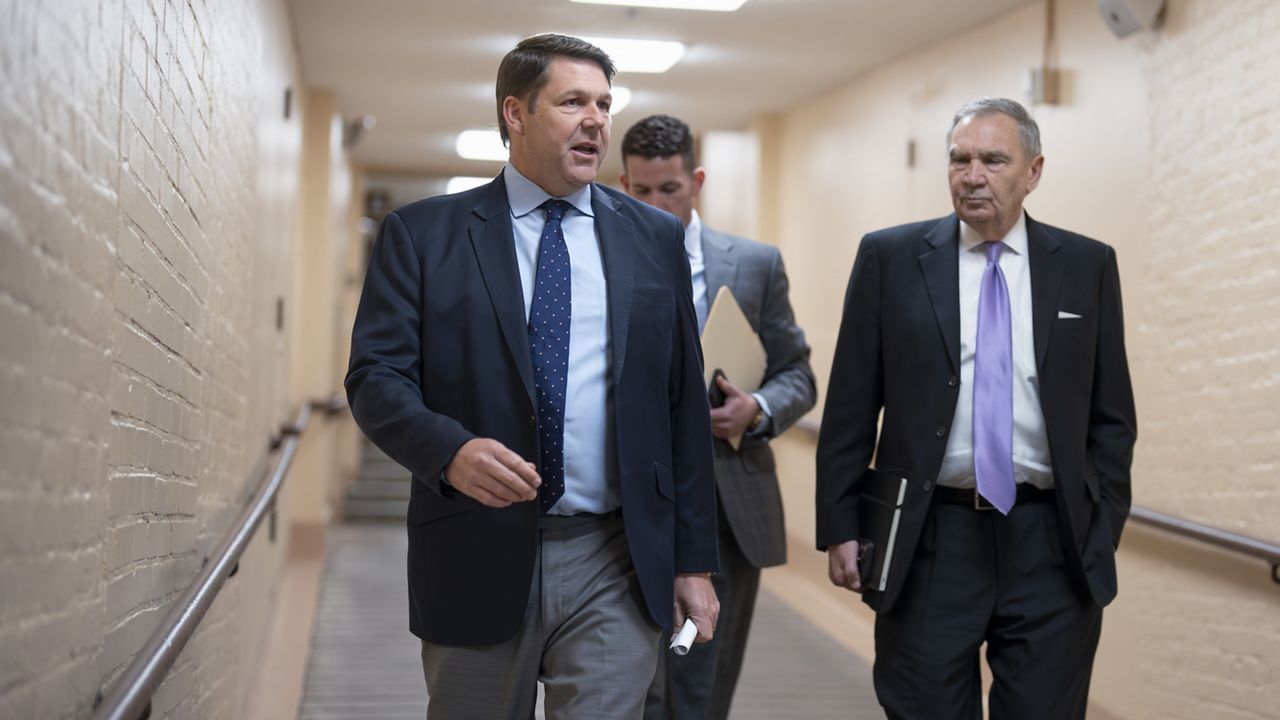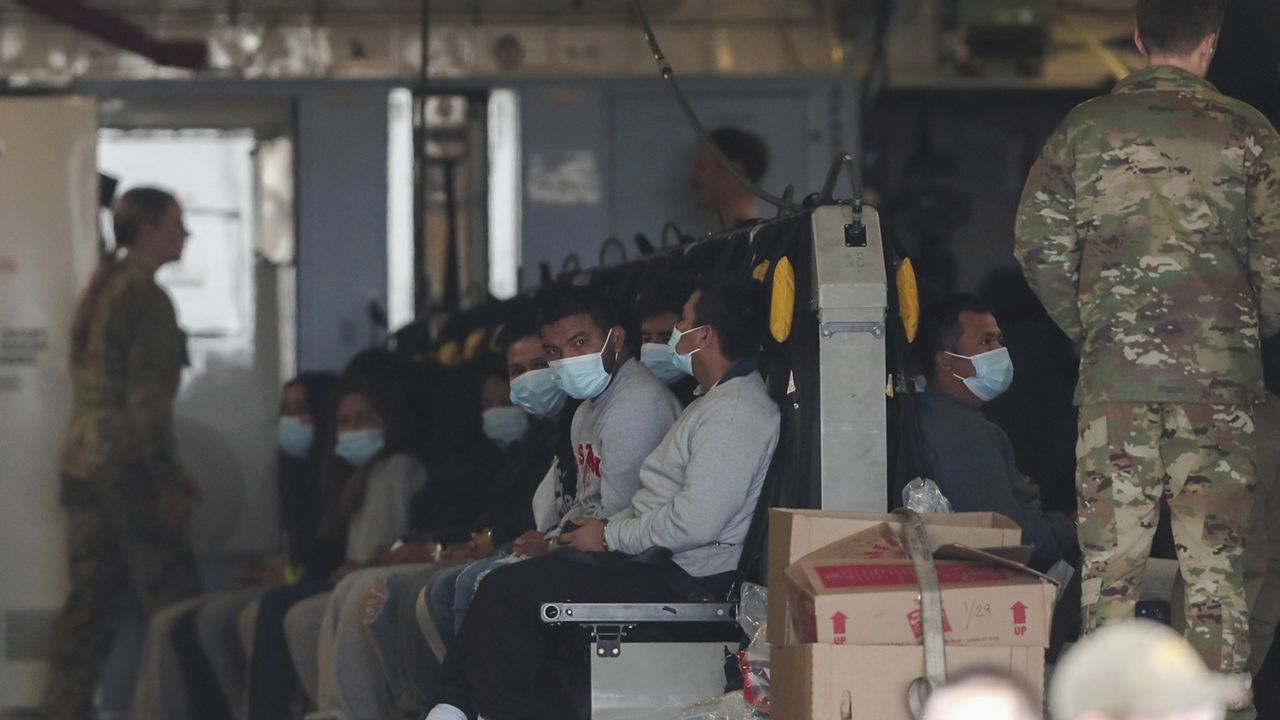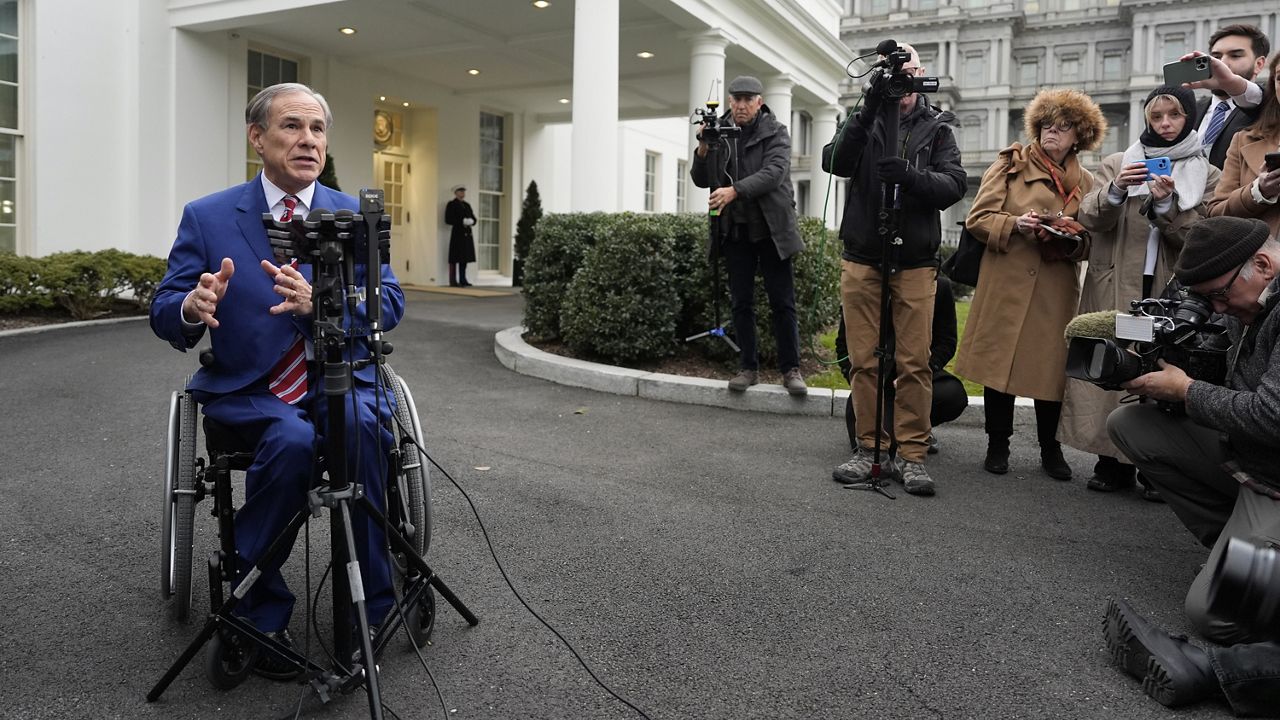WASHINGTON — A Senate committee held a hearing on China’s growing influence in the Panama Canal Zone after President Donald Trump suggested the U.S. should take over the waterway by force, if necessary, because of China’s growing role there.
In his inauguration address, President Trump vowed to take back the Panama Canal.
“We have been treated very badly from this foolish gift that should have never been made, and Panama’s promise to us has been broken,” Trump said.
In one of his first hearings as the new chair of the Committee on Commerce, Science and Transportation, Sen. Ted Cruz, R-Texas, said he wants to explore how Congress can make it happen.
Linking the Atlantic and Pacific Oceans, the Panama Canal is a crucial conduit for global trade. The U.S. built it and controlled it for decades before ceding operations to Panama under a treaty President Jimmy Carter negotiated in the late 1970s.
“It was a massive asset that we had died — Americans had died for. We'd paid for. And he just gave it to Panama. But when he gave it to Panama, he did so pursuant to a treaty, a treaty called the Neutrality Treaty that required them to treat us fairly,” Cruz said in an interview with Spectrum News.
Trump and Republicans, including Cruz, claim Panama has effectively ceded control of the canal to China.
“China controls facilities on both ends of the canal that gives them observation, that gives them the ability to shut down transit, and right now, China is building a bridge across the canal. That bridge, it's taking over 10 years to build that bridge. That bridge gives them the ability to shut down the canal at any moment,” Cruz said. “Pursuant to the terms of the treaty, Panama was not entitled to hand control of the canal over to China.”
Cruz also said American shippers and the U.S. military are being overcharged to use the canal.
While Panama’s president said his country administers the canal responsibly and neutrally, witnesses at the hearing raised concerns about China’s companies being awarded contracts to work on infrastructure on or adjacent to the canal.
“We must address the significant growing presence and influence of China throughout the Americas and in Panama. Specifically, American companies should play a leading role in enhancing the canal’s infrastructure. By supporting U.S. firms, we reduce reliance on Chinese contractors and promote fair competition,” said Louis Sola, chair of the Federal Maritime Commission.
When asked if Panama violated the treaty and if the government should be held accountable, Cruz said “absolutely.”
“This is the beginning of this examination. President Trump raised this issue. Nobody was talking about this until the President raised it. And I think it is something that impacts American interests profoundly. It impacts our national security interests and our economic interests, and we should vigorously enforce the treaty,” Cruz said.
Recently confirmed Secretary of State Marco Rubio plans to visit Panama and other countries in Central America and the Caribbean as part of his first foreign trip as the U.S.’s top diplomat. It signals how immigration and the Panama Canal are among Trump’s top priorities.






